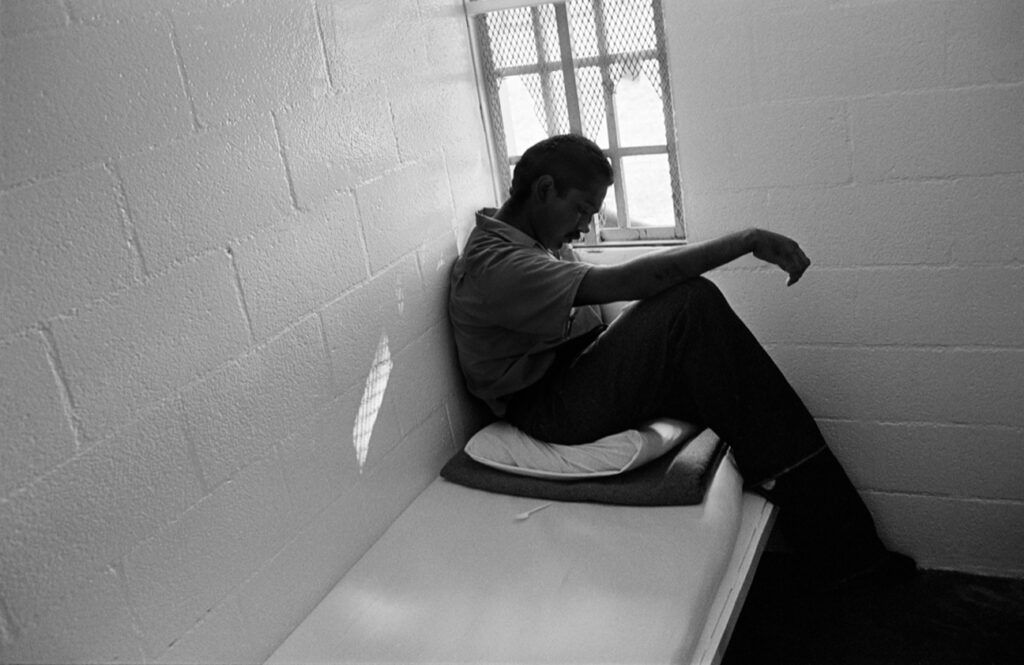California Shutting Down Youth Prisons Reflects National Trends
California Youth Authority closed its last juvenile prison in June 2023

On June 30th of this year, California’s three remaining youth prisons closed their reinforced steel doors for good, marking the demise of what was once the nation’s largest network of youth prisons. The closure of the state’s youth prison system, resulting from decades of activism, lawsuits, rising costs and a steep drop in youth crime, makes California the fourth state, and by far the largest, to abandon the model. Connecticut, South Dakota and Vermont have also closed their state-run youth prison systems in recent years. The end of California’s youth prison system stands out in scale, but it reflects a national trend that is striking.
According to the federal Office of Juvenile Justice and Delinquency Prevention, over a recent 20-year period, the number of youth behind bars nationwide dropped 77%, from 108,802 in 2000 to just 25,014 in 2020. The number of juvenile detention facilities dropped by nearly two-thirds during that same period. According to Youth First, more than 20 states have closed one or more youth correctional facilities in the past five years alone. Fifteen states are down to just one large state-run facility, while another 18 have facilities running significantly under capacity.
While many factors have contributed to the drop in youth incarceration, the clearest driver has been a parallel drop in juvenile offending. Federal data indicates that nationwide, arrests involving those aged 17 and younger fell 84% between 1996 and 2020. In California, youth arrests fell even more steeply, dropping by 93% between 2007 and 2021, according to the Burns Institute, a nonprofit research and advocacy organization. This downward trend holds true for serious and violent offenses as well as petty crime. In 2020, the number of youth arrested for violent offenses nationwide was a third of what it was in 2005.
“Young people who break the law must be held accountable for their wrongs, but incarceration is seldom the answer,” Liz Ryan, head the federal Office of Juvenile Justice and Delinquency Prevention stated. “Too often, youth confinement succeeds only in damaging young people and diminishing their chances for a healthy, productive future. Serving justice-involved youth in their communities is far more effective than locking them up, and it’s the right thing to do.”
President Joe Biden’s latest budget proposal echoes Ryan’s sentiments, identifying three priorities on the juvenile justice front: “treating children as children;” “serving children at home with their families and in their communities;” and “opening up opportunities for young people who come into contact with the justice system.” No mention is made of incarcerating youth. Instead, Biden’s budget includes $50 million for the express purpose of closing youth prisons and expanding community-based alternatives.
Reminder; a few posts back, we wrote about Assembly Bill 695; "No Cash for Cages; No on AB 695." The above information and supporting data serves as yet another argument why investing in traditional carceral punishment models doesn't serve to see a reduction in crime, especially when it comes to juvenile offenders. More and more, federal, state and local entities are turning to harm reduction and rehabilitative models to address juveniles who encounter the justice system. Efforts to transition from youth prisons to community-based support continue to span the country and California can serve to lead the way in those programs.










